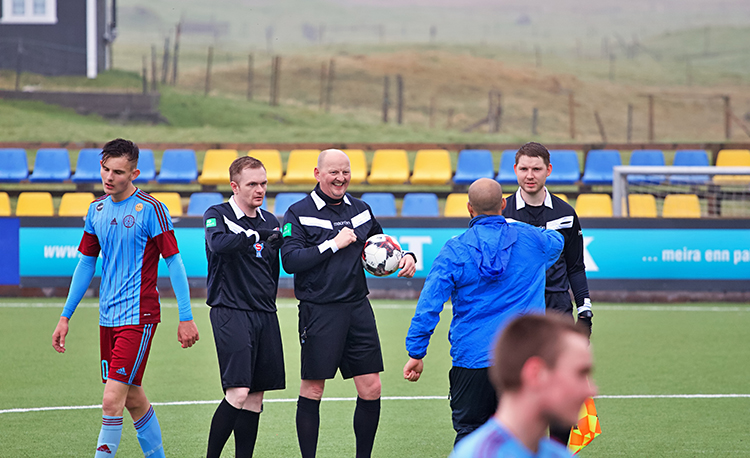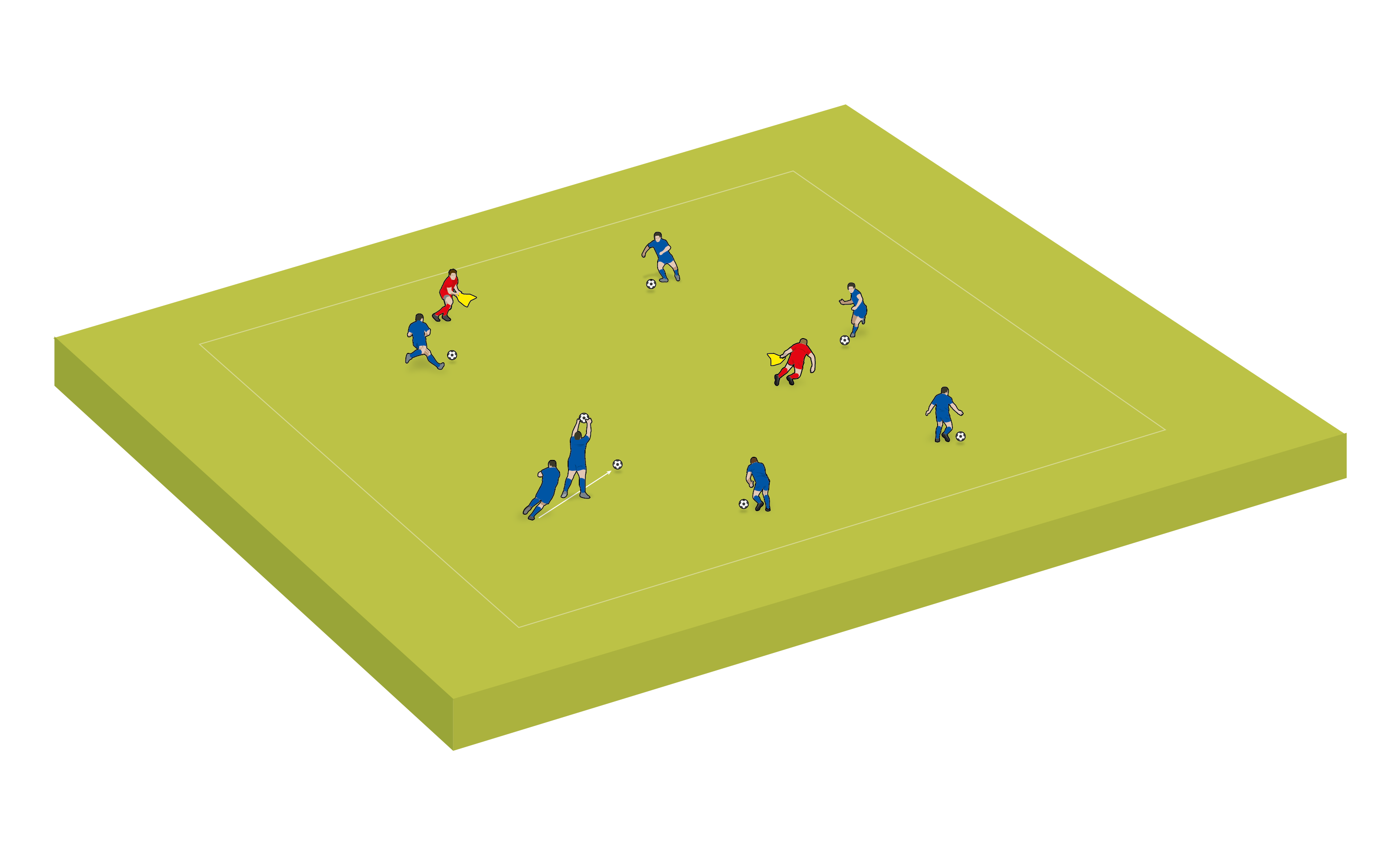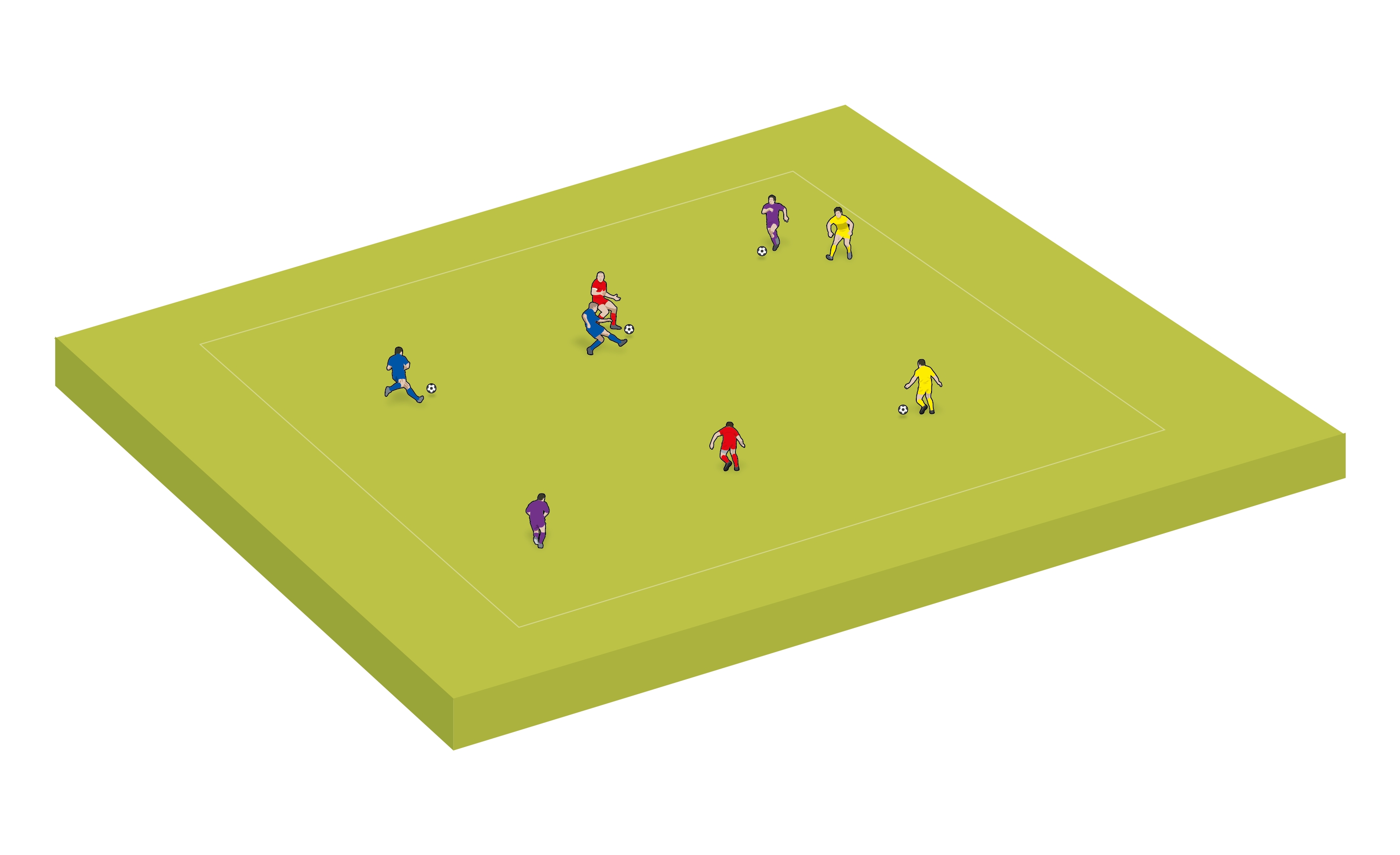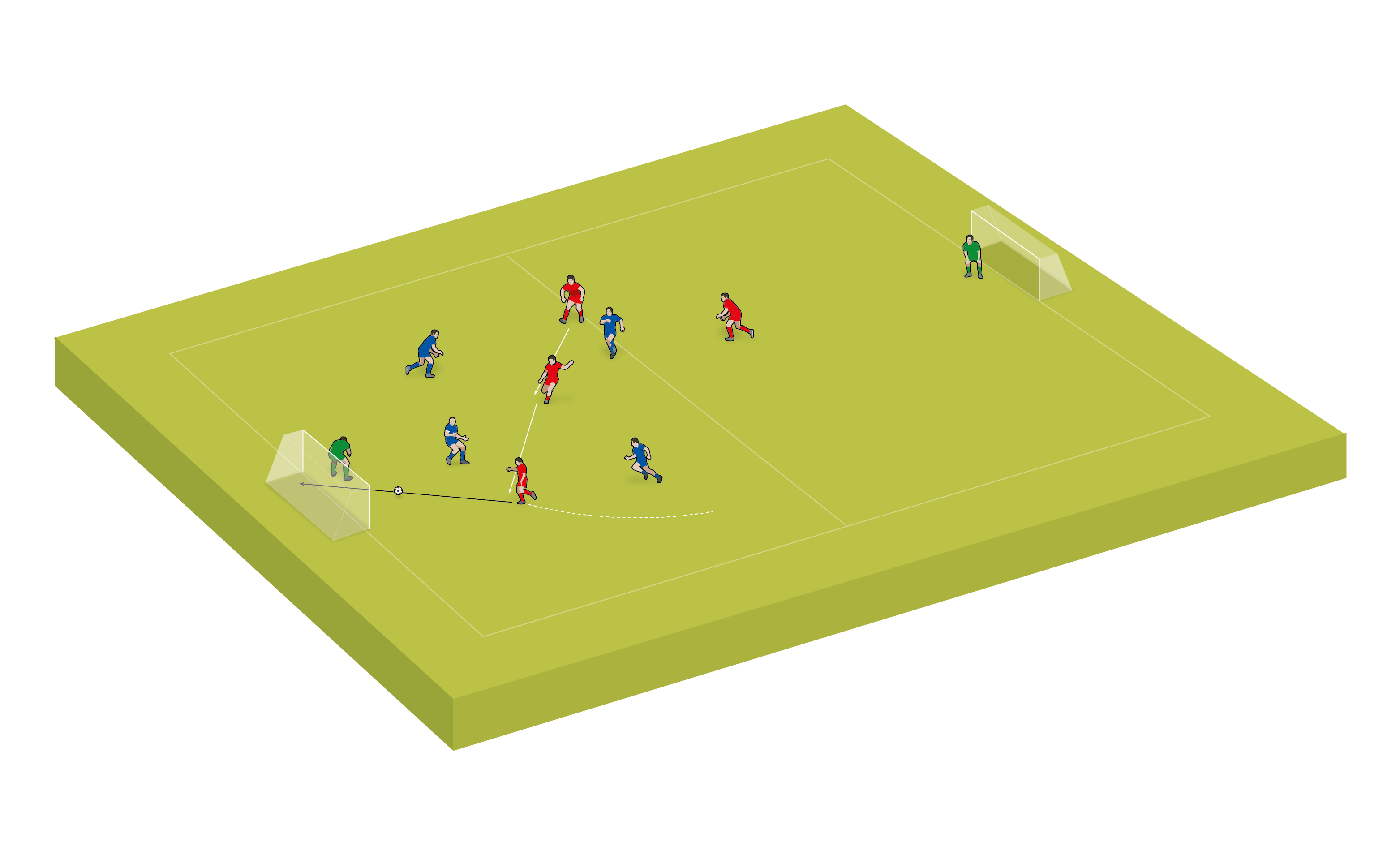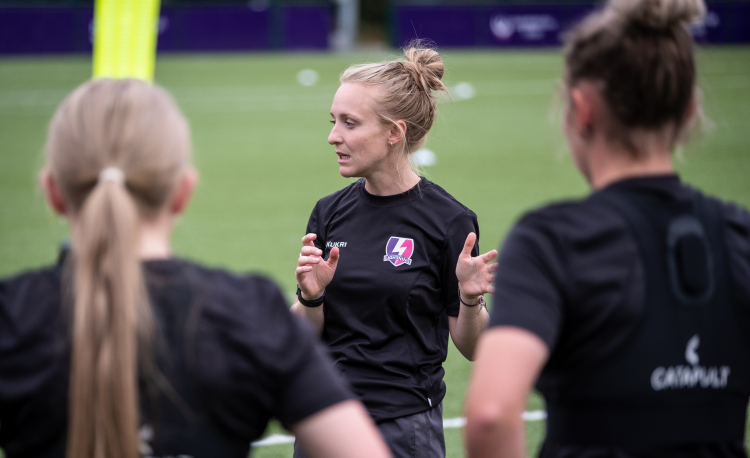6 ways you can get referees onside
From rolling out the welcome mat to ensuring your players don’t overstep the mark, here are some tips on developing a good relationship with match officials
When the referee blows the whistle for kick off, even the most calm individuals suddenly become very passionate on the sidelines.
At times, every coach can get frustrated with officials’ decisions, particularly in the heat of the moment.
But we all know that refereeing is a very difficult job - and without them, we wouldn’t have a game.
Building good relationships with officials will take the stress out of games, for both of you - here are six ways to do so...
01 INTRODUCE YOURSELF
As soon as you see the referee arrive at the game, stop what you are doing and make a beeline towards them, introducing yourself straight away.
Make sure the ref knows your name and vice versa. Maybe draw their attention to anything they might want to consider, such as the state of the pitch – it might be a touch frosty or soggy for example.
02 TAKE THEM TO THE TEAM
Take the referee to your players early for the pre-match formalities, such as checking boots and shin pads.
While this is being done, remind players to respect the ref’s authority - this not only reinforces the message to your team, but has the added bonus of the official hearing you say it.
Familiarise the referee with your players by name in an informal way. If they are aware that your team are a good bunch, you go into the match with them having only positive thoughts about the players.
03 GET ON WITH THE GAME
During the game, keep any issues you might have with the ref’s decisions to yourself.
If you need to talk to them, have a quiet chat at half-time to clarify things. When doing so, always politely seek an explanation, no matter how wrong you feel they are.
The referee won’t do you any favours in the second half if you’ve torn into them.
04 DO IT BY THE BOOK
Throughout the game, make sure you follow the correct procedures for things such as substitutions and the treatment of injuries.
Clearly indicate to the referee - or their assistant - when you’re making a change or about to enter the field of play. This is not just because it helps them do their job, which they will thank you for, but because it’s in the rules. Make it quite clear you are conforming.
05 ACT QUICKLY
If any of your players show dissent or get involved with opposing players verbally, make sure you tell them this is wrong.
With younger players - and particularly in leagues with rolling substitutions - take them off for a while to have a quiet word before sending them back on once your point has been made.
If the referee sees you acting to help them, it may be that they don’t dish out any futher punishment themselves.
06 SAY THANK YOU
Shake hands with the referee at the end of the game. Single out something they did well, such as playing an advantage at the right time, and take the chance to commend them on the way they acquitted themselves.
If, in your view, they had a shocker, remain polite - even if you feel like gently questioning the key decisions you feel they have got wrong.
And remember, you might have them again soon, so always leave on good terms.
Related Files
Newsletter Sign Up
Coaches Testimonials

Gerald Kearney, Downtown Las Vegas Soccer Club

Paul Butler, Florida, USA

Rick Shields, Springboro, USA

Tony Green, Pierrefonds Titans, Quebec, Canada
Subscribe Today
Discover the simple way to become a more effective, more successful soccer coach
In a recent survey 89% of subscribers said Soccer Coach Weekly makes them more confident, 91% said Soccer Coach Weekly makes them a more effective coach and 93% said Soccer Coach Weekly makes them more inspired.
*includes 3 coaching manuals
Get Weekly Inspiration
All the latest techniques and approaches
Soccer Coach Weekly offers proven and easy to use soccer drills, coaching sessions, practice plans, small-sided games, warm-ups, training tips and advice.
We've been at the cutting edge of soccer coaching since we launched in 2007, creating resources for the grassroots youth coach, following best practice from around the world and insights from the professional game.
